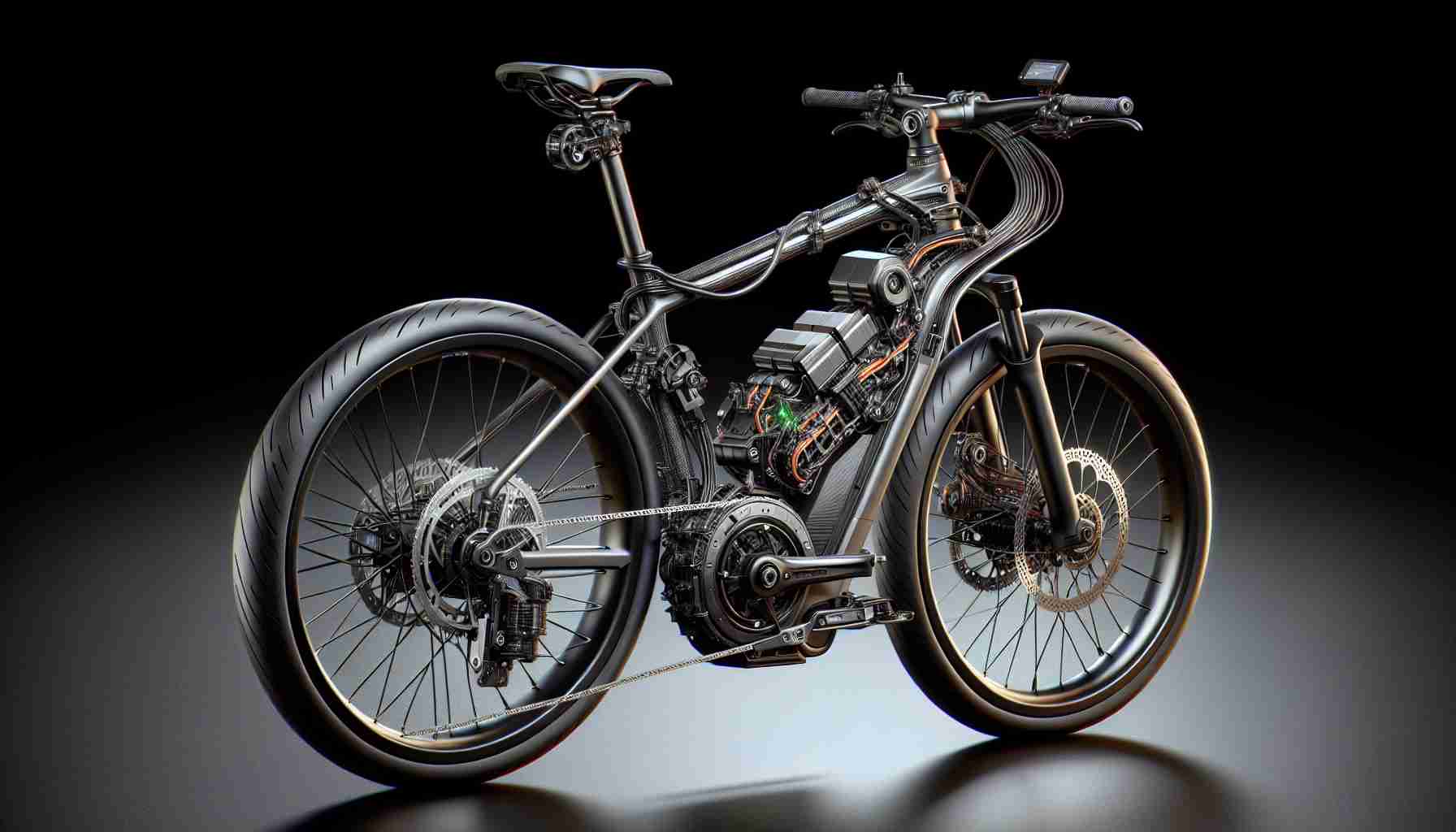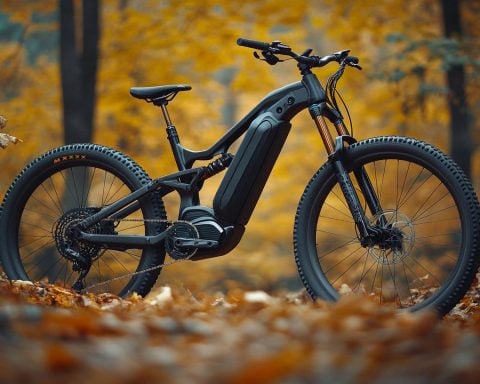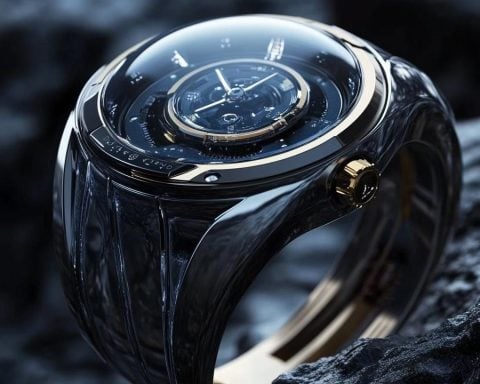MAHLE has revolutionized the e-bike industry with the launch of the XS System. This pathbreaking technology eliminates the need for an internal battery, operating solely with the eX1 external battery. Brands can now easily incorporate this ultra-lightweight, efficient, and sustainable solution into a wide variety of bike models, especially those with compact or unconventional designs.
The minimalist design of the XS System makes it incredibly adaptable, making it a favorable choice for manufacturers looking to expand their electric bike offerings without compromising aesthetics or functionality. Comprising only essential components—the XS Smart Controller, the eX1 external battery, and the motor available in X20 or X30 versions—this simplified system significantly reduces the weight, materials used, and maintenance required while delivering stellar performance.
By doing away with the internal battery and utilizing minimal electronics, the system notably decreases environmental impact. With this compact and lightweight solution, cyclists can reduce their carbon footprint without sacrificing performance. Customization options are vast, as the XS System is compatible with a variety of easily replaceable accessories and components tailored to specific rider needs.
Central to the system is the XS Smart Controller, which provides real-time performance adjustments and seamless connectivity to enhance the riding experience. It can be mounted either inside or outside the bike frame. The X20 and X30 rear hub motors offer efficient 250W assistance and harmoniously integrate into diverse bike models. The eX1 battery, with its 171 Wh capacity, extends the range by up to 60 km and impresses with its compact size and light weight.
MAHLE is reshaping e-biking, enabling advanced technology incorporation for manufacturers and offering riders a high-performance, eco-friendly experience.
How MAHLE’s XS System is Transforming Urban Mobility and Global Markets
The introduction of MAHLE’s XS System in the e-bike industry is a game-changer not just in terms of technology, but also in how it influences urban mobility, economic growth, and the global push towards sustainable transportation solutions. While existing systems have focused on improving battery life and efficiency, MAHLE has taken a distinct approach by rethinking the fundamental design, thereby offering several new advantages and implications.
Changing Perceptions in Urban Mobility
Many urban areas are grappling with problems like air pollution and traffic congestion. E-bikes, like those powered by MAHLE’s XS System, offer an attractive alternative to traditional vehicles. The lightweight and compact nature of the XS System e-bikes make them ideal for busy city environments where space and convenience are at a premium. By eliminating the internal battery and reducing overall weight, commuters enjoy a faster, more agile option for navigating through tight city streets. This boosts not only efficiency but also encourages more people to make the switch from cars to e-bikes, further reducing the carbon footprint in cities.
Economic Impacts on Communities and Manufacturers
For bike manufacturers, the XS System offers a significant reduction in production costs. With fewer components and simplified maintenance needs, manufacturing processes become less resource-intensive, allowing for more competitive pricing and the potential for higher profit margins. This could encourage more companies to enter the e-bike market, diversifying options for consumers and spurring economic development in communities where these bikes are produced.
Environmental Controversies and Considerations
While the XS System represents a step forward environmentally by minimizing material use and simplifying the recycling process, there are ongoing debates regarding the sourcing of materials required for e-bike production, including motors and electronics. It’s crucial to examine whether the overall environmental benefits outweigh the impacts of increased manufacturing and potential electronic waste if e-bikes become more disposable due to simplified designs.
Advantages and Disadvantages of the XS System
The XS System offers clear advantages: reduced weight, adaptability, fewer maintenance requirements, and an eco-friendly design. However, potential drawbacks include the dependency on the external eX1 battery, which might not provide sufficient range for all users, especially those who commute over longer distances. Additionally, the need for frequent charging could become a concern for riders without easy access to charging stations.
Frequently Asked Questions
What makes the MAHLE XS System unique from other e-bike systems?
The primary distinction is the exclusion of an internal battery, making the bike lighter and more adaptable for various designs while maintaining excellent performance.
How does the XS System cater to different countries’ needs?
Its adaptability and efficiency mean it can be tailored to meet specific urban planning goals, such as reducing pollution and reliance on traditional cars, across various settings worldwide.
Suggested Resources
For more information about the advancements in e-bikes and sustainable transportation, explore websites such as MAHLE and The Institute for Transportation and Development Policy.
MAHLE’s XS System is more than just an innovation; it’s a shift towards a more sustainable future, affecting urban planning, economic opportunities, and global environmental efforts. As the world adapts to new technological possibilities, such systems might well dictate the direction of urban development and transport policy for years to come.

















